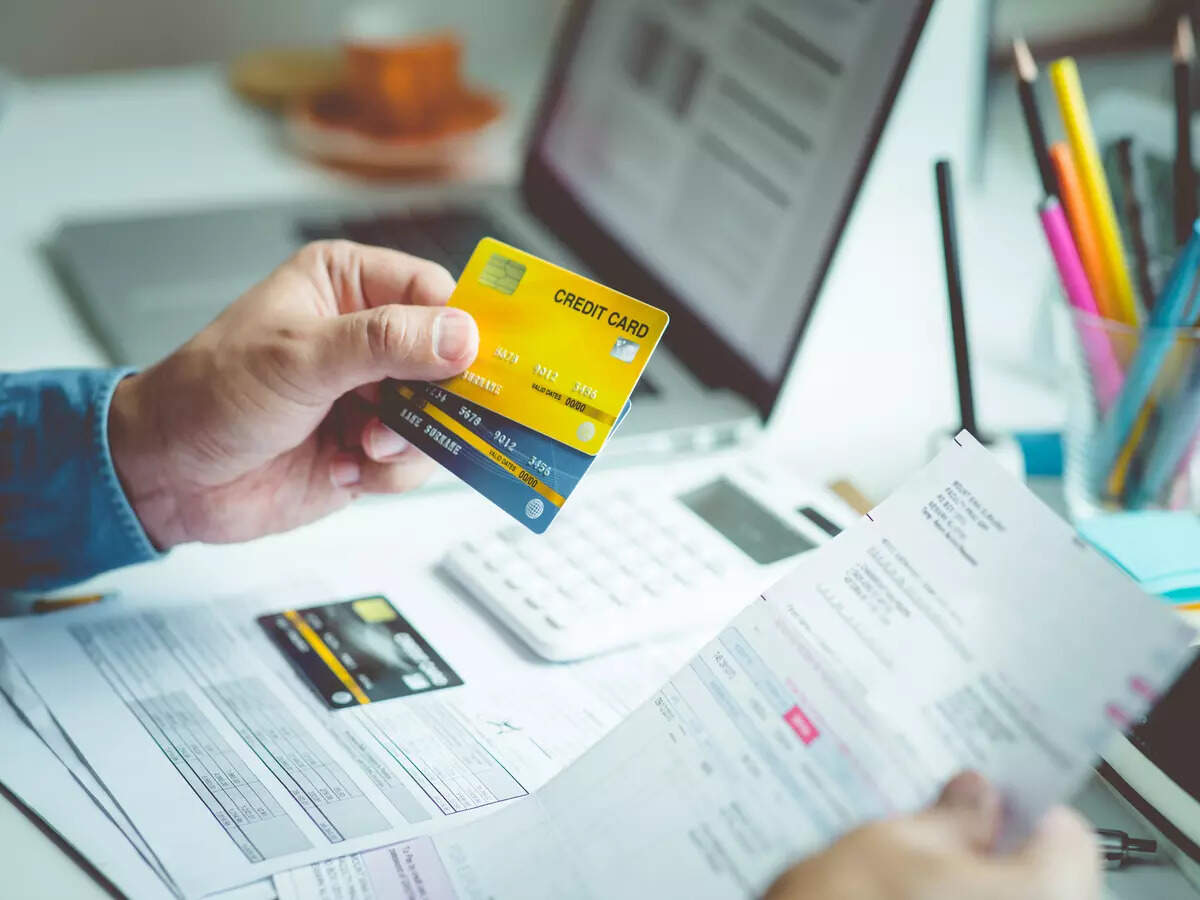I’m writing this column while on an overseas trip. The expenses are high here and foreign-exchange markups make them even higher. Even so, I have some preferences on how I like to spend money while travelling abroad.
Credit cards work best overseas Ever since I’ve had my pocket picked in Paris in 2009, I’ve switched to credit cards as my primary mode of payment while travelling abroad. In the past, spending involved swiping a card and paying about 3.5%, plus tax, on the total amount.
Over time, I’ve come to prefer credit cards over cash while travelling. First, instead of worrying about tracking expenses, I receive a monthly statement that shows where my money went. Second, I get the current foreign exchange rate, rather than a rate set days earlier (for instance, when you convert cash into foreign notes or load a forex card).
However, the main reason is the peace of mind it offers. Using a card instead of cash means I don’t have to worry about a product going wrong and my money getting stuck once I’m back in India. I can get a refund credited back to my account. If the merchant is uncooperative and refuses to refund, and I have a valid case, I can dispute the transaction to recover my money.
What about the risks? The cards can be skimmed, for instance. Fortunately, credit card technology has moved to chip validation. Also, in India, the Reserve Bank of India requires two-factor authentication for cardnot-present transactions. This helps prevent most fraudulent transactions.
Additionally, most banks have robust fraud-prevention measures. For example, over a decade ago, American Express India called me to verify certain international transactions.
When I declined, those transactions were declined. Now, they send SMSes or even call to confirm the validity of transactions, including high-value domestic ones.
Also Read | NRIs flying home for faster access to healthcare, lower costs: Here’s what to check before you seek medical treatment in India
Forex charges on credit cards
Foreign exchange charges are decreasing from 3.5%, plus Goods and Services Tax (GST), to more modest rates. Many premium cards, such as the HDFC Bank Infinia, have a foreign exchange markup of just 2%, plus GST. Axis Bank Olympus offers 1.8%, plus GST. With HDFC Bank cards, you can also join the Global Value Program, which costs Rs.500 annually (offset by bonus points of the same value), providing 1% cashback on forex transactions up to Rs.1,000 per month.
Suppose you prefer to avoid foreign exchange charges altogether. In that case, you can opt for several credit cards on the market, such as the RBL Bank World Safari, Scapia, IDFC Bank Mayura, and Ixigo AU Bank cobranded cards, which do not charge foreign exchange fees. Others, such as the American Express Platinum Metal
Read More

